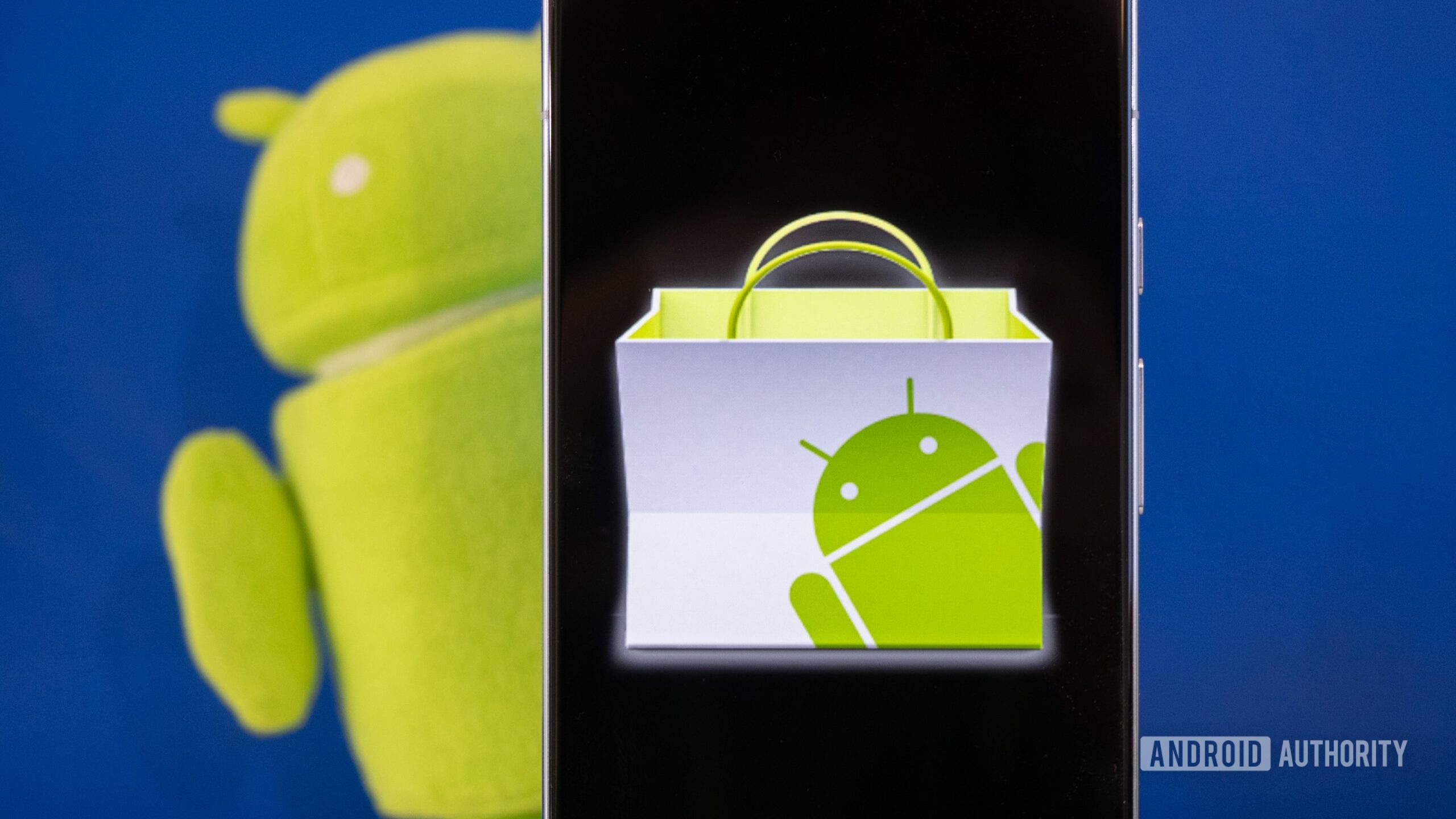You must log in or register to comment.
Kagi summary:
- The Android Market (now Google Play Store) was launched in October 2008 with the T-Mobile G1 phone, helping establish app ecosystems on mobile.
- Before app stores, finding and downloading apps was difficult through various online stores and carrier stores with limited selection and updates.
- The Android Market centralized the app experience and discovery, giving access to a growing variety and number of apps in one place.
- Early app successes helped drive more users, phones, developers and apps in a reinforcing cycle that grew the app economy exponentially.
- Popular early apps filled gaps in Android's capabilities in areas like weather, file management, flashlights as built-in features were still being developed.
- Later apps brought extra abilities beyond necessities, like music streaming, ebooks, games, social media and more.
- The article reminisces on the novelty of app stores and ecosystems in their early days compared to their ubiquitous presence today.
- Over 100,000 apps were available by mid-2010 and over 3.5 million apps today on Google Play.
- We now take app discovery, updates, and the overall app experience for granted due to how well app stores do their job.
- The article credits the Android Market and Apple App Store for establishing apps as the norm and changing our expectations of mobile.
Downloading and installing apps sure is easier now, but actually finding apps you may want to install? I'm not so sure.
Back then with the limit amount of apps available, it felt like almost everything was worth trying out. Now you have a million useless apps for any interesting on.
Even if you go to the "most popular" lists on the app store, there's nothing worth downloading there. Discovery is still dependant on third party websites or word of mouth.



